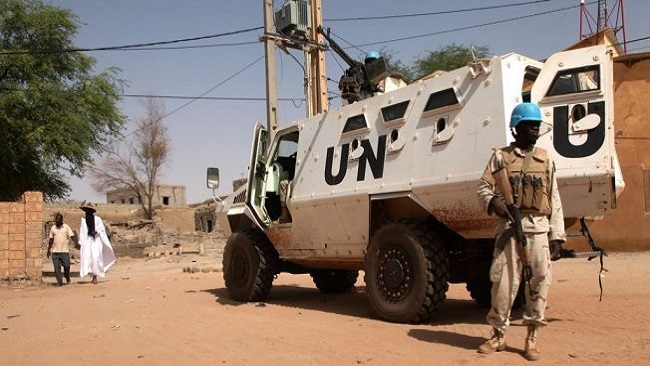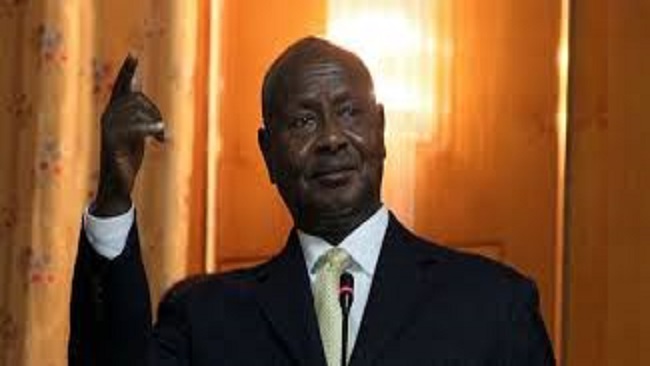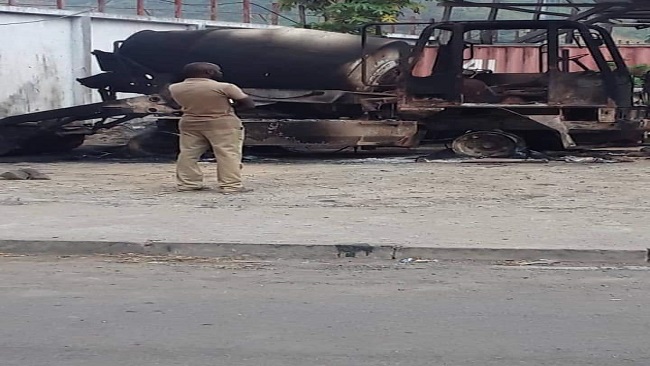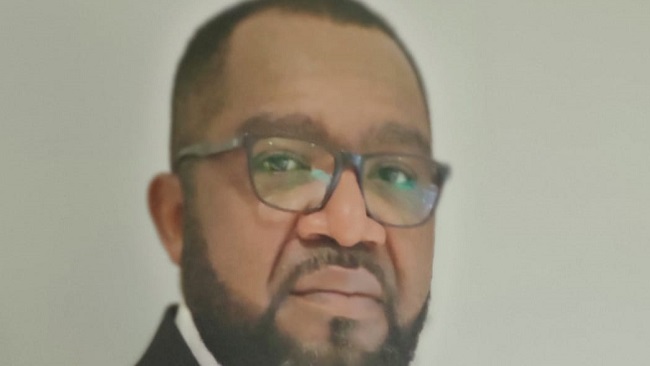17, January 2021
UN peacekeepers retake control of Central African Republic city from armed rebels 0
United Nations peacekeeping troops have retaken control of a city in the south eastern Central African Republic (CAR), which was captured by armed rebels two weeks ago.
A spokesman for the UN Multidimensional Integrated Stabilization Mission in the Central African Republic (MINUSCA) told AFP that the peacekeeping forces were in control of Bangassou, lying on the north bank of the Mbomou River.
The spokesman said that the rebels had abandoned their positions following a UN ultimatum on Friday.
Bangassou was captured early this month by armed groups waging an offensive against troops loyal to President Faustin Archange Touadera.
Touadera, who gained power following the December presidential election, accuses former president Francois Bozize of leading the armed rebellion wreaking havoc in CAR.
Bozize, who had gained power in a coup in 2003, recently returned after years in exile. He was barred from running in the election by the country’s top court and faces charges of murder, arbitrary arrest, and torture.
The African country with a population of 4.7 million has endured waves of violence since Bozize, 74, was toppled in 2013.
The violence has left thousands of people dead and forced more than a million from their homes.
UN peacekeepers, who have been deployed to restore peace and stability to CAR, come from about a dozen countries and consist of some 11,650 blue-cap troops, 150 military observers, 300 staff officers, 2,000 police officers and 1,400 civilian personnel, in addition to about 200 UN volunteers.
Since 2014, 82 members of MINUSCA have lost their lives during their mission in CAR.
The former European colony is landlocked between Cameroon, Chad, Sudan, South Sudan, the Democratic Republic of the Congo and the Republic of the Congo.
Despite being rich in energy and mineral resources, CAR is one of the world’s most impoverished countries.
Source: Presstv


























17, January 2021
UN says nations are failing to fund climate adaptation 0
The world is falling short of promises made under the Paris climate deal to help the most vulnerable nations deal with the increasingly devastating impacts of climate change, according to the United Nations.
Adaptation — reducing the fallout among communities and increasing their capacity to deal with climate-related disasters such as floods and drought — is a pillar of the landmark 2015 accord, which aims to chart a path away from catastrophic warming.
The deal requires signatories to implement adaptation measures through national planning, but also through funding to at-risk countries.
The UN Environment Programme Adaptation Gap report found that the current finance levels of around $30 billion annually for adaptation fell far short of the annual cost in developing nations of $70 billion.
It said the true cost of adapting to climate impacts in these nations could be as high as $300 billion every year by the end of the decade and $500 billion by mid-century.
“The hard truth is that climate change is upon us,” said Inger Andersen, UNEP executive director.
“Its impacts will intensify and hit vulnerable countries and communities the hardest — even if we meet the Paris Agreement goals of holding global warming this century to well below 2C.”
UNEP called for a drastic scale-up of public and private finance for adaptation, as well as increased investment in nature-based solutions such as protecting and sustainably restoring ecosystems.
– Limit losses –
With just over 1C of warming since the start of the industrial era, Earth is already experiencing more intense and frequent extreme weather such as droughts and flooding, as well as storms supercharged by rising seas.
Much of the devastation wrought by climate-linked disasters falls on developing nations, and despite promises to help out financially, richer countries still aren’t hitting their adaptation funding targets.
UNEP said funding for adaptation currently represented just five percent of all climate finance.
With the cost of natural disasters set to skyrocket this century, hard-hit nations are finding it difficult to secure the finance to rebuild after extreme events.
Mozambique, which was battered by twin cyclones in early 2019, said that one year since the disasters it had received less than a quarter of the estimated $3 billion it needed to recover.
The UN report found that cutting greenhouse gas emissions will provide a long-term economic benefit by reducing the costs associated with climate change.
Achieving the 2C Paris Agreement temperature rise limit could curb losses in annual growth to 1.6 percent, compared with 2.2 percent for 3C of warming — the current trajectory if nations’ current Paris pledges are upheld.
Under the deal’s “ratchet” mechanism, countries are supposed to file new emissions reduction plans — known as nationally determined contributions, or NDCs — every five years.
The deadline for the first round of new NDC submissions was December 31, 2020. However just 71 countries representing under a third of global emissions have done so.
UNEP says global emissions must fall 7.6 percent annually this decade to keep the more ambitious Paris temperature target of 1.5C in play.
Source: AFP